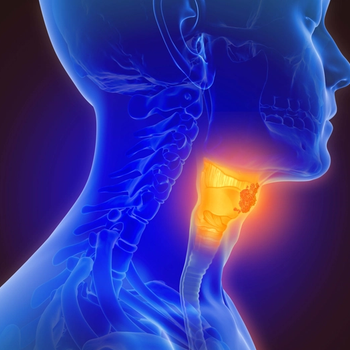As adoption of electronic health records (EHRs) continues to grow, there still exists a gap in the ability of some providers and vendors to ensure successful implementation. The core factor in EHR delays and failures is a lack of readiness. This list of resources can arm you with the knowledge to take advantage of government incentives.
Healthcare Information and Management Systems Society (HIMSS): The HIMSS EHR Selector is an online database of EHR products and vendors.
Government Initiatives
Office of the National Coordinator for Health Information Technology (ONCHIT) The Office of the National Coordinator for Health Information Technology provides leadership for the development and nationwide implementation of an interoperable health information technology infrastructure to improve the quality and efficiency of health care and the ability of consumers to manage their care and safety.
American Health Information Community AHIC is a federally-chartered commission and provides input and recommendations to the U.S. Department of Health and Human Services on how to make health records digital and interoperable.
The cancer Biomedical Informatics Grid (caBIGTM) caBIG is a voluntary network or grid connecting individuals and institutions to enable the sharing of data and tools.
VistA Office EHR (VOE) – The Centers for Medicare & Medicaid Services (CMS) and the Veterans Health Administration (VHA) have collaborated to configure VistA, the VHA’s Electronic Healthcare Record (EHR) technology, to the private physician office setting.
Commission on Systemic Interoperability Authorized by the Medicare Modernization Act. The Commission is developing a strategy to make health care information instantly accessible at all times, by consumers and their health care providers.
The Agency for Healthcare Research and Quality (AHRQ) Provides technical assistance and shares new health information knowledge and findings.
My Family Health Portrait allows you to create a personalized family health history report from any computer with an Internet connection and an up-to-date web browser.
EHR Field Guide: From the American Association of Clinical Oncology (ASCO)
Other Professional Resources
American College of Physicians (ACP) The American College of Physicians offers a variety of resources and tools to help the office based physician with the implementation and management of eHealth Records. Some portions of this content are available only to ACP members.
American Health Information Management Association (AHIMA) The American Health Information Management Association is the community of professional engaged in health information management.
American Academy of Family Physicians (AAFP) Center for Health Information Technology The Mission of AAFP's Center for Health Information Technology is to promote and facilitate the adoption and optimal use of health information technology by AAFP members and other office-based clinicians.
eHealth Initiative The eHealth Initiative is focused on defining and implementing specific actions that will address the quality, safety and efficiency challenges of health care systems through the use of interoperable information technology.
Connecting for Health The Markle Foundation's Connecting for Health is working to realize the full potential of information technology in health and health care, while protecting patient privacy and the security of personal health information.
Physicians EHR Coalition (PEHRC) The Physicians' Electronic Health Record Coalition was established in July 2004 to represent a unified physician voice in health information technology. ASCO is a member of PEHRC.











































